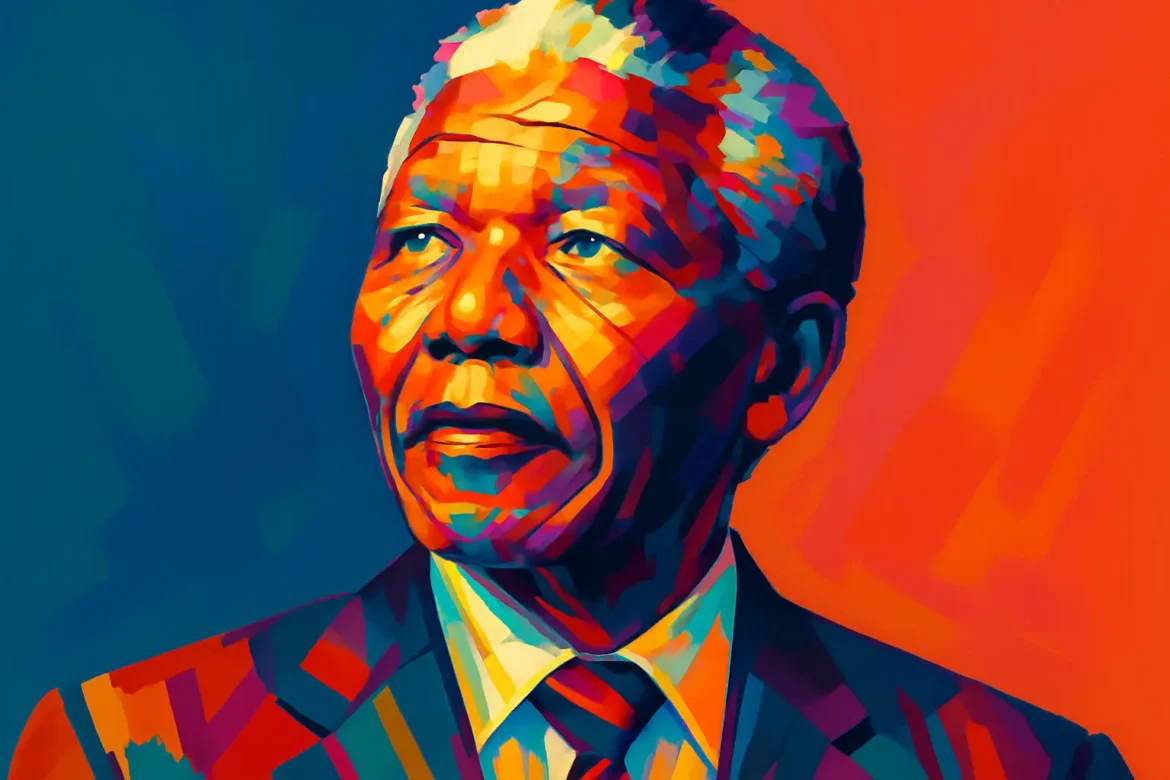Nelson Mandela’s wisdom on forgiveness represents one of the most profound and transformative philosophies of the 20th century. As a leader who spent 27 years imprisoned for his fight against apartheid, Mandela emerged not with bitterness, but with a revolutionary understanding of how forgiveness could heal nations and individuals alike. Here are 20 of his most powerful quotes on forgiveness that continue to inspire and guide us today.
What you will read in this article:
Quotes 1-5: The Foundation of Forgiveness
This foundational quote encapsulates Mandela’s understanding that holding onto anger ultimately harms the one who harbors it, not the target of that anger.
Mandela reframes forgiveness from a position of vulnerability to one of tremendous strength and courage.
This quote demonstrates how forgiveness can transform relationships and create unexpected alliances.
Mandela understood that hatred is not just morally wrong, but practically counterproductive to achieving one’s goals.
Here, Mandela presents forgiveness as a tool of liberation and empowerment rather than submission.
Quotes 6-10: Strength in Forgiveness
This paradoxical statement reveals how forgiveness can be more powerful than any act of retaliation.
Mandela emphasizes that true forgiveness requires both intellectual understanding and emotional generosity.
Applied to forgiveness, this quote shows that forgiving doesn’t mean being unafraid, but acting despite that fear.
Sometimes the greatest sacrifice is giving up the right to revenge in favor of forgiveness and peace.
True forgiveness extends freedom not just to oneself, but to those who have caused harm.
Quotes 11-15: Reconciliation and Unity
In the context of forgiveness, this speaks to allowing former enemies to save face and participate in healing.
This quote provides hope that if hatred can be learned, it can also be unlearned through forgiveness.
Mandela acknowledges that the path of forgiveness is long and imperfect, requiring perseverance.
Applied to forgiveness, this suggests that how we forgive shapes the moral character of our communities.
Understanding and education are essential components of genuine forgiveness and reconciliation.
Quotes 16-20: Legacy and Transformation
Forgiveness transforms not just our own lives, but creates ripple effects that benefit entire communities.
The practice of forgiveness fundamentally changes who we are, even when circumstances remain the same.
Forgiveness is not a one-time act but an ongoing journey requiring continuous commitment.
Mandela’s ability to forgive stemmed from his fundamental belief in the possibility of human transformation.
Perhaps his most powerful message: that forgiveness is ultimately a choice to embrace hope over fear, healing over hatred.
The Lasting Impact of Mandela’s Forgiveness Philosophy
These 20 powerful quotes reveal the depth and sophistication of Mandela’s wisdom on forgiveness. His approach was not about weakness or passive acceptance of injustice, but about strategic transformation that could heal both individuals and nations.
During South Africa’s transition from apartheid to democracy, Mandela’s approach to peace and reconciliation became a model for the world. The Truth and Reconciliation Commission embodied his philosophy that understanding truth was essential, but that forgiveness – not punishment – was the key to building a unified nation.
Lessons for Modern Leadership and Personal Growth
Modern leaders studying Mandela on forgiveness discover practical tools for managing conflict and building consensus. His ability to maintain dignity while extending grace to opponents provides a powerful model for leadership in contentious times.
The universal relevance of these Nelson Mandela quotes speaks to fundamental human experiences of hurt, betrayal, and the choice between revenge and healing. His teachings transcend cultural and political boundaries because they address how to respond to injustice while building a better future.
Through his extraordinary example, Mandela showed the world that forgiveness is not weakness but perhaps the greatest strength a human being can possess – the power to transform enemies into friends and to heal wounds that seem impossibly deep.
Read also:
- 10 inspiring quotes that celebrate the magic of childhood
- 10 powerful quotes by Elvis Presley on passion
- 10 powerful quotes to elevate your stories
- 100 motivational phrases for success
- 12 insightful quotes by Bob Dylan on change
- 12 Quotes on siblings that celebrate the unbreakable bond
- 12 quotes on the future that will make you think
- 15 insightful quotes on creativity to spark your imagination

